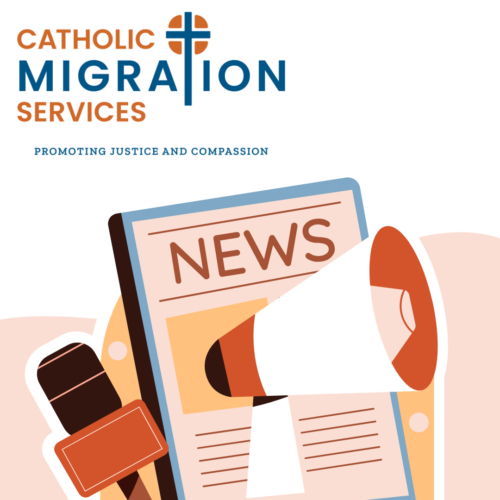AG James Recovers $1.1M for Catholic Migration Services' Clients and Coworkers
Attorney General James Recovers $1.1 Million for Rikers Island Cleaners Cheated out of Fair Pay CleanTech Underpaid Immigrant Workers and Refused to Provide Paid Sick Leave at Height of Pandemic; Crew Chiefs Required Some Workers to Pay Illegal Kickbacks to

